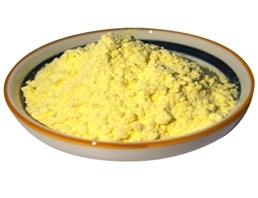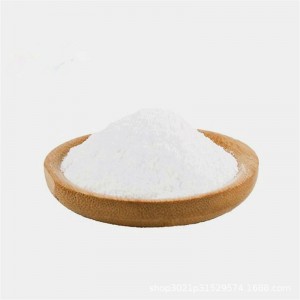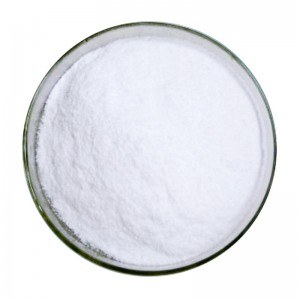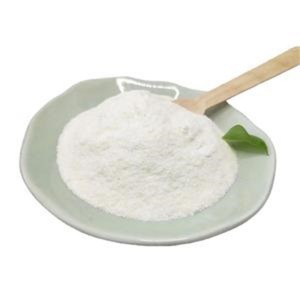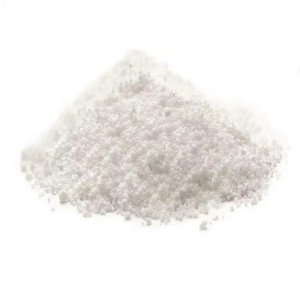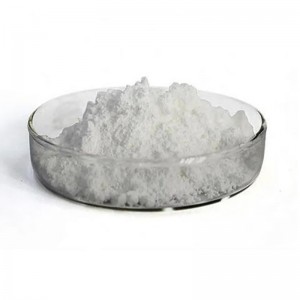| Basic Information | |
| Product name | Doxycycline Hydrochloride |
| CAS No. | 10592-13-9 |
| Appearance | Yellow Powder |
| Grade | Feed Grade |
| Water Solubility | Soluble in water |
| Storage | Inert atmosphere,2-8°C |
| Shelf Life | 2 years |
| Package | 25kg/Drum |
Product Description
Doxycycline hydrochloride is the hydrochloride form of doxycycline, being a tetracycline antibiotic that has enjoyed widespread use in both veterinary and human medicine owing to its relatively broad spectrum and wide margin of safety. The first members of the tetracycline class were isolated from several species of bacteria from the genus Streptomyces in the1940s and 1950s. Since that time, a variety of tetracycline have been discovered, both naturally produced (e.g., chlortetracycline) and semisynthetic (e.g., doxycycline and tetracycline). Doxycycline was discovered in 1967 and has undergone extensive investigation, both for its antimicrobial properties as well as the effects it has on the physiology of higher organisms.
Application
Doxycycline has a significant application in the treatment of common chronic conditions, such as acne and rosacea; however its use in a range of more unusual infectious diseases, including what Holmes et al describe as “atypical bacteria”, has given doxycycline some fame as a "wonder drug" or the "secret weapon of the infectious disease physician". Besides its treatment of common causes of respiratory and genitourinary tract infections, some of its broader applications are again diseases such as rickettsial infections, leptospirosis, malaria, brucellosis, and a number of sexually transmitted infections should not be underestimated. It also has a variety of dental applications. There was also a 30% increase in the number of prescriptions following the anthrax bioterrorism scares in 2000–2001.10 In addition to anthrax, doxycycline could have application in the event of other bioterrorist agents being used, such as tularaemia and the plague.1 Future applications may also involve the treatment of some parasitic infections, such as lymphatic filariasis, where it appears to have action against the endosymbiotic bacteria of certain filariae.

